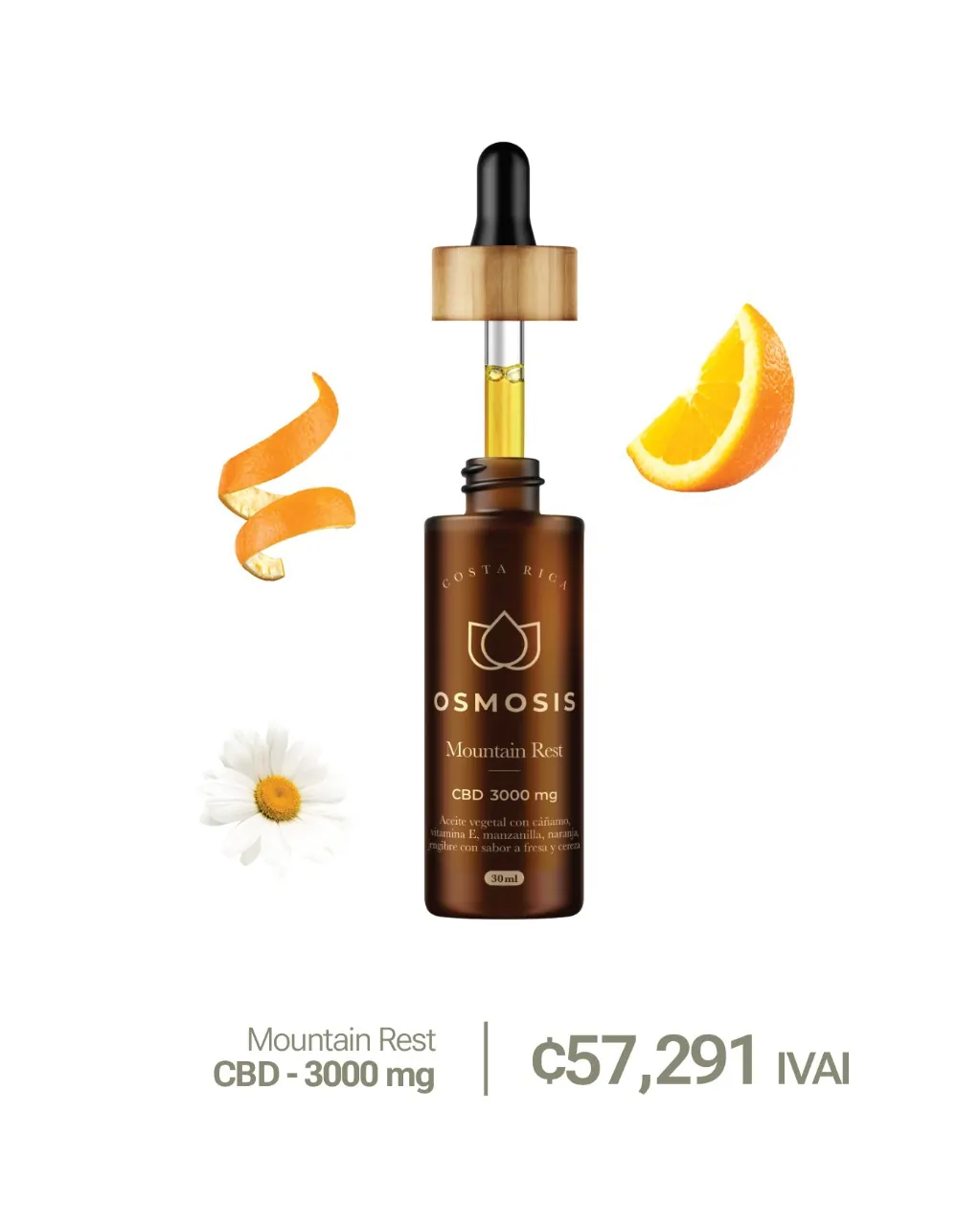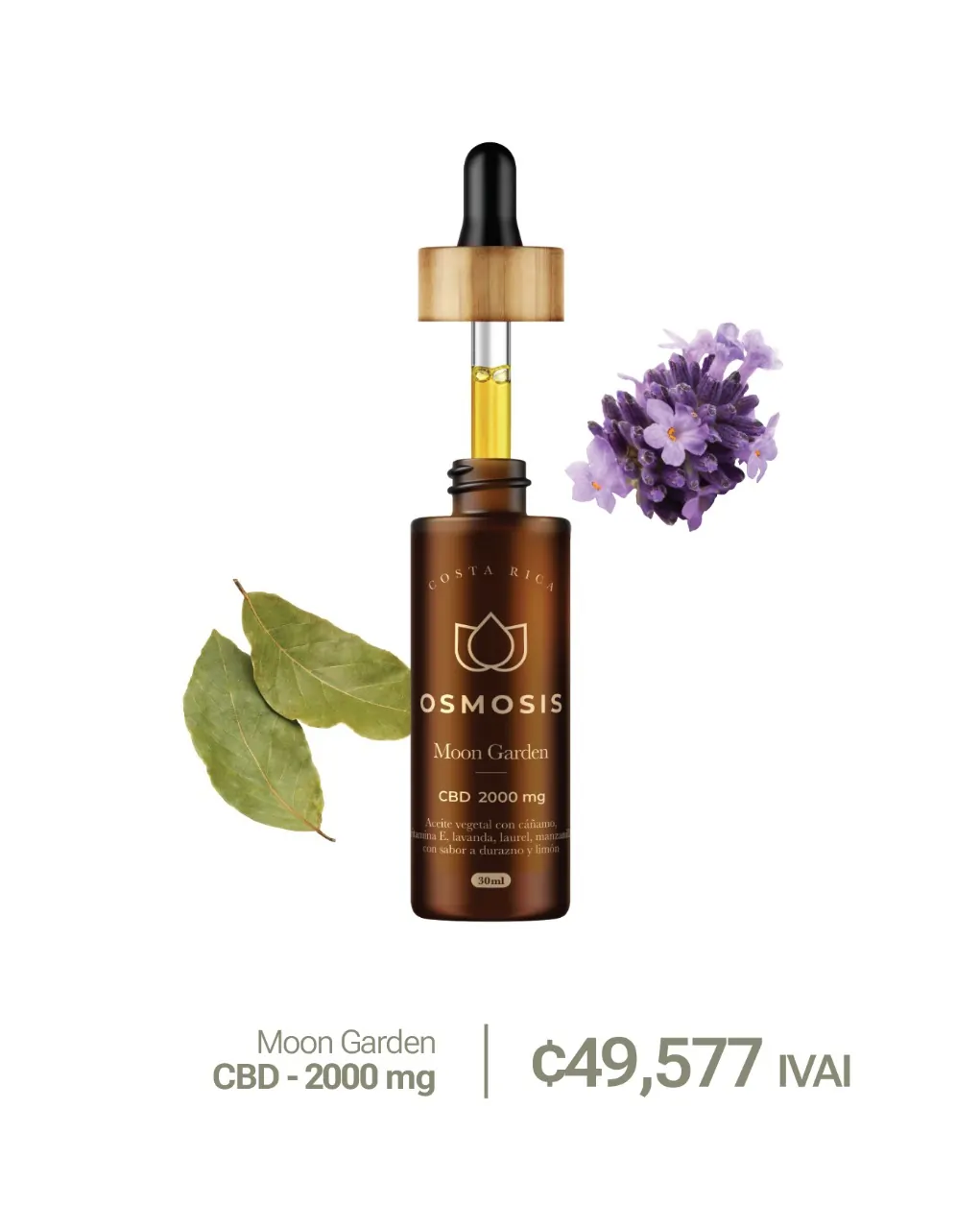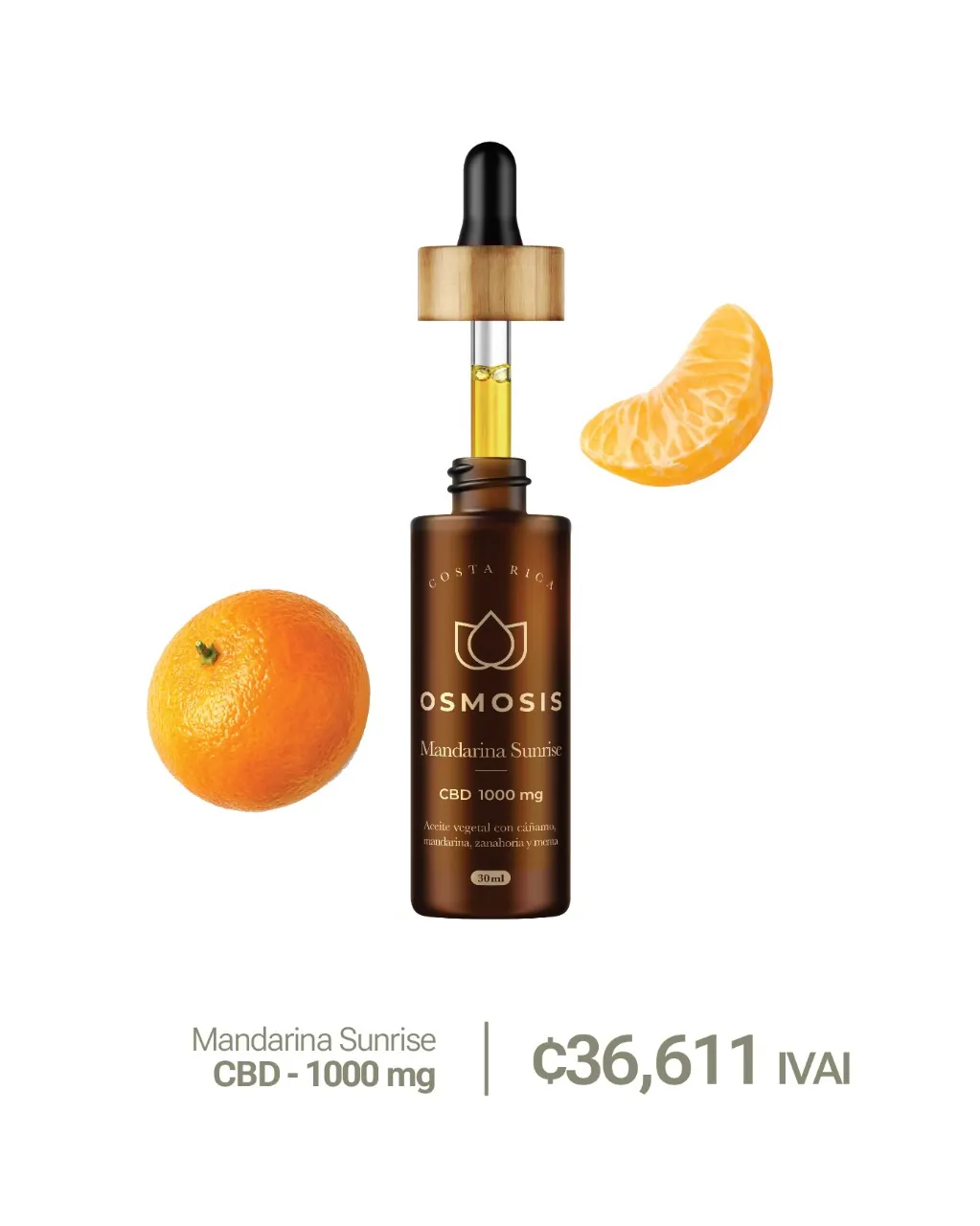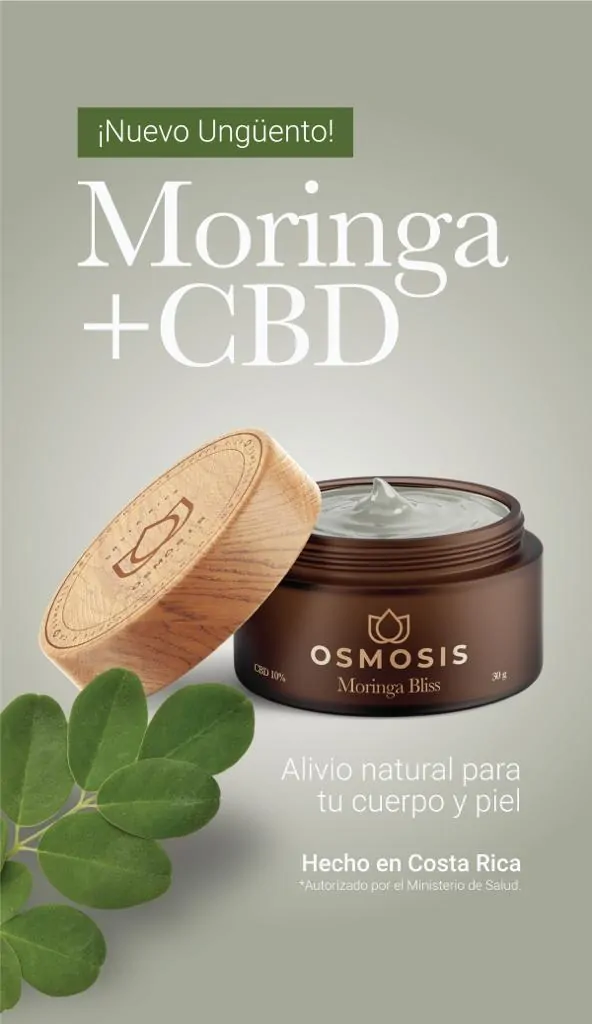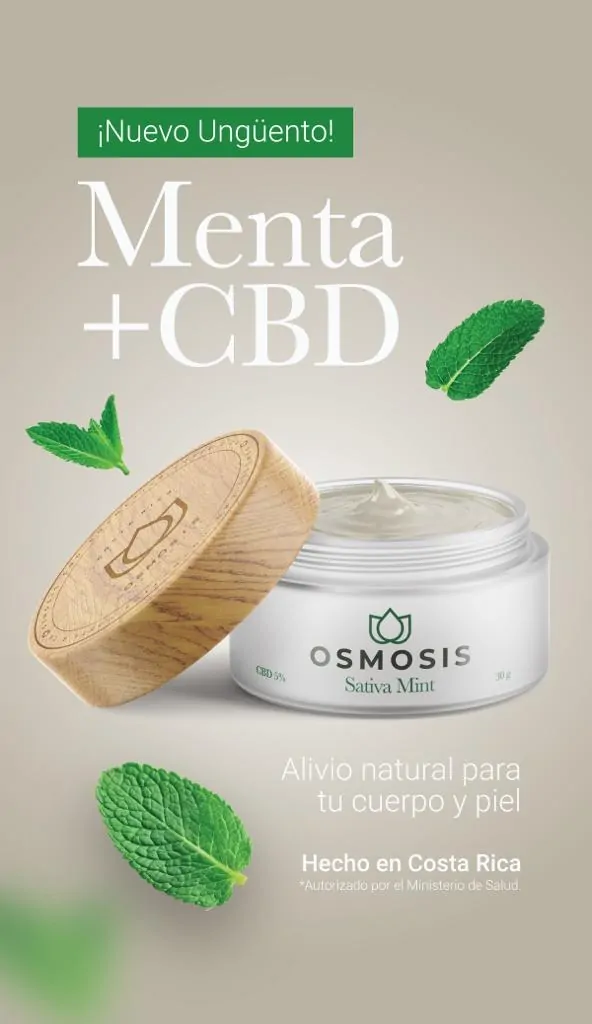A single-arm study aimed to investigate the impact of combined medical cannabis/opioid therapy on pain relief, opioid dose, appetite, respiratory function, well-being, nausea, and adverse events in hospice inpatients.
Opioid therapy plays a crucial role in alleviating pain for hospice patients, yet its efficacy is often hindered by adverse side effects. To address this challenge, there is a growing interest in exploring the combination of medical cannabis, specifically CBD, with opioids.
The primary objective in the study is to assess the potential benefits of combining medical cannabis, containing 40 mg CBD/1.5 mg THC or 80 mg CBD/3 mg THC, with opioids in hospice inpatients.
The study evaluated changes in pain intensity, opioid dosage, appetite, respiratory function, well-being, nausea, and the occurrence of adverse events.
“This study involves adult hospice inpatients using scheduled oral, parenteral, or transdermal opioids for pain management. Standardized oral medical cannabis is administered, and patients are categorized based on the CBD/THC ratio. Descriptive statistics outline demographic and clinical characteristics. The Mann-Whitney test compares outcomes, and a longitudinal mixed-effects regression model analyzes the longitudinal effects of combined therapy”, researchers noted.
Sixty-six inpatients at The Connecticut Hospital, Inc. were assessed over 996 treatment days, with an average age of 68.2 ± 12.9 years, and 90.9% were of white ethnicity. Cancer was the most common diagnosis.
“The medical cannabis/opioid combination demonstrated a statistically significant longitudinal reduction in pain intensity (P = .0029) and a non-significant trend toward lower opioid doses. Well-being, appetite, nausea, and respiratory function showed non-statistically significant changes. Minor, reversible adverse events potentially related to medical cannabis were experienced by three patients (4.5%), with no serious or life-threatening adverse events observed”, results concluded.
In conclusion, medical cannabis/opioid therapy exhibited statistically significant pain relief and indicated the potential for reducing opioid dosage and mitigating opioid toxicity. This approach offers a safe and promising alternative for pain management in end-of-life care settings. Further exploration through larger controlled trials is warranted to solidify these findings and establish the efficacy and safety of this combined therapy.
Overview: Chronic Pain and Cannabis-Based Medicines – PubMed (nih.gov)

